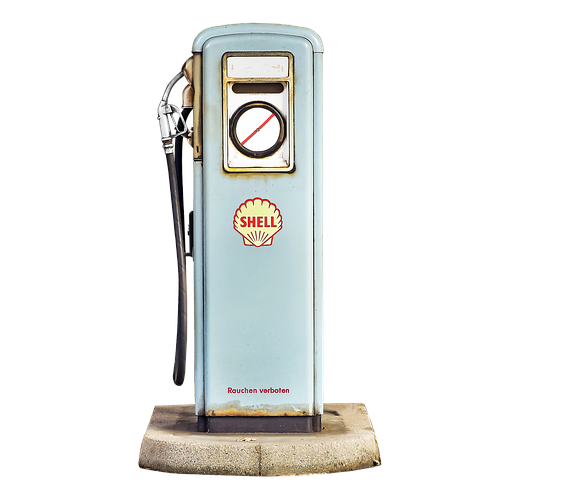Petrol rates cross Rs. 100 per Litre in Nine States and Union Territories
Report by Gurpreet Kaur and Priyanka.S
New Delhi, July 5: The fuel prices in India reached an unprecedented level on Monday, 5th July as the price of petrol reached Rs. 107.84 per litre in Madhya Pradesh and diesel reached Rs. 98.47 per litre in Rajasthan. At present, the fuel prices in India are almost double the prices in developed markets. There are several factors that determine the price of fuel.
1. High Crude Oil, freight, and processing charges: Crude oil is the dark sticky liquid which is turned into petrol and diesel through refining. India imports most of its crude oil from OPEC countries (Iran, Iraq, Kuwait, Saudi Arabia, and Venezuela) and follow the international benchmark price of crude oil i.e., Brent Crude (Rs. 5,470 per liter on June 16th). As a result, India’s import cost increases as the international fuel price rises. India imports over 85% of its oil requirement, and is the third largest crude-oil importer in the world.
2. Excise duty charged by the central government: About two-thirds of what we pay for petrol and diesel is excise duty and taxes. It is levied on goods produced in the country and is now known as Central Value Added Tax (CENVAT)
3. Dealer commission to the gas station: The amount that a petrol pump station has to pay to its fuel supplier e.g. Indian Oil, Bharat Petroleum, etc.
4. Value Added Tax/State Tax charged by the state government. It is levied on goods or services at each stage of production, distribution, or consumption.
5. The falling exchange rate of rupee against the dollar has also added to the fuel’s cost.
Petrol was Rs. 79.76/l and diesel was Rs. 79.40/l on June 23rd 2020 in New Delhi.
Delhi’s case study: Base price is the price which does not take into account any charges or taxes levied. In Delhi, the central government charges 33% excise duty and the state government charges 23% state tax/VAT, bringing the total tax levied on 1 litre of petrol to 56%.
According to a study by RBI, every $10 per barrel increase in crude oil leaves India with an extra deficit of $12.5 billion.

Impact of the rising price:
People who own vehicles have been directly affected by the rising price of the fuel. Those who do not own personal vehicles pay more for public transport as the operational costs of public transports has increased. Sales of passenger vehicles have also seen a drop. Most manufactured goods need logistical support to transport them from different parts of the country, a cost that makes them dearer (more expensive).
India supplies petrol and diesel to Sri Lanka, but the price of petrol and diesel in Sri Lanka is less when compared to India.


